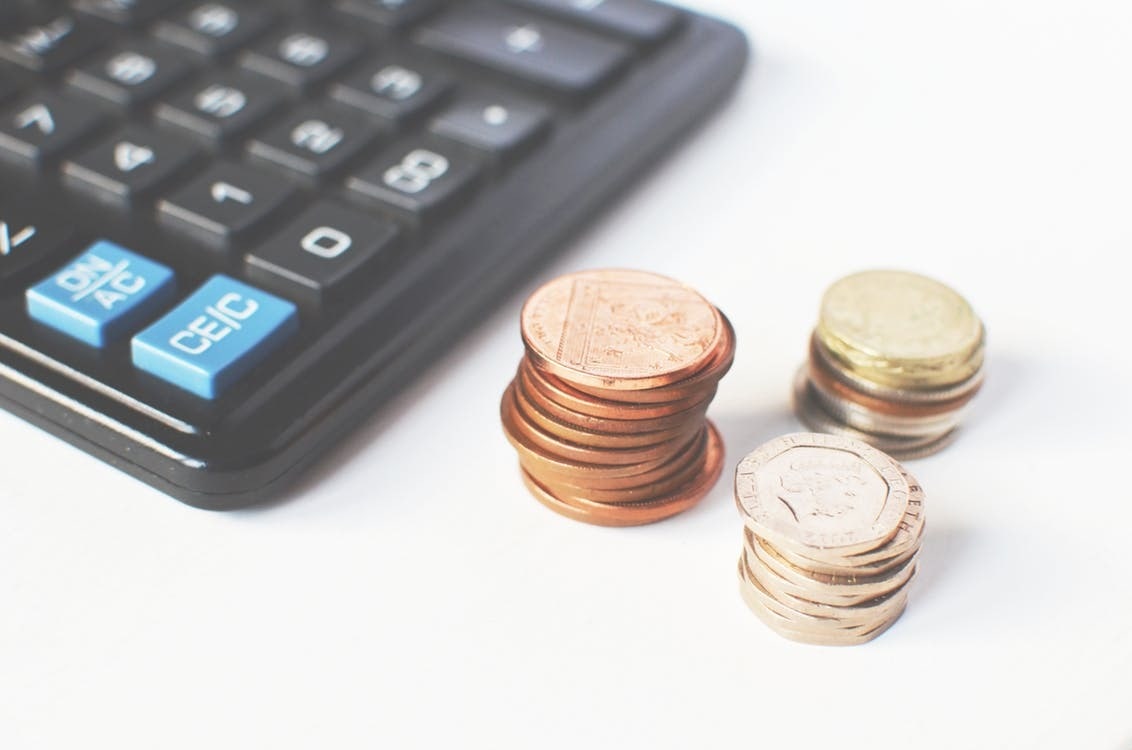The Self Assessment deadline (31st January) has just passed for another year but with the end of the tax year approaching, now is a good time to start planning for your next tax return.
If you run a small business or you are self-employed, here are some tips to make it a smooth process.
How it works
You should already know whether you need to register for Self Assessment or not (and always ask an accountant if you don’t know). Once you know you need to file a tax return, you must register for Self Assessment – you can do this on the Gov.uk website.
The process involves filling out your tax return and returning it by the deadline. You can do this either online or by filling out a paper form. Either way, it’s a similar process whether you are a freelancer or small business owner.
Self Assessment deadlines
You can file your tax return after the tax year has ended which is on 5th April 2018. However, the official deadlines are:
- 31 October 2018 for paper returns
- 31 January 2019 for online returns
After you have filed your tax return, you will then have to pay the tax that you owe. The later you leave your tax return, the less time you will have to pay your tax so always try and get it in early.
If you file it late you may be fined, adding unnecessary extra fees to the tax that you already owe. If you think you will miss a deadline, always get help from an accountant to make sure that doesn’t happen.
Filling in the tax return
Filling in your tax return can be a relatively simple process – or it can be complicated. It depends on your situation.
Essentially, you will need all the information about your earnings for the tax year, including any details of your expenses to deduct.
During the year, you should be keeping a record of your income and expenses to make the process easier and more accurate when the time arrives to file your tax return.
You will also need your unique taxpayer reference number (UTR) which you are given when you register for Self Assessment.
One of the easiest ways to file your tax return is to use accounting software that integrates with the HMRC website. If you do this, you will need to follow the instructions of the software. Otherwise, you can fill in the details on the Gov.uk website or fill in the paper version and send it to HMRC.
What about expenses?
You can claim back lots of costs when you are self-employed – these are called allowable expenses. These can include costs like:
- Insurance
- Bank fees
- Marketing expenses
- Costs associated with travel, like train fares and parking
- Costs involved with running your office, like heating
If you are unsure which expenses are relevant to you, ask an accountant – you could make a significant saving on your tax bill.
Things can always change
Be aware that Self Assessment can change. The government announced various changes in 2017, including the possibility of quarterly tax returns and the obligation to file tax returns online. So far, these changes have not been introduced but it’s good to be aware that changes can occur.
Should you hire an accountant?
One of the big questions to ask yourself is whether you need to hire an accountant to help with your Self Assessment. The truth is that everyone can benefit from hiring an accountant – this is the easiest way possible to ensure your Self Assessment is accurate and delivered on time.
Additionally, many people and businesses end up saving money by hiring an accountant because they may have expenses they did not realise they could claim, so it’s always worth considering.
If you want to find out more about how we could help with your tax returns, just get in touch.

